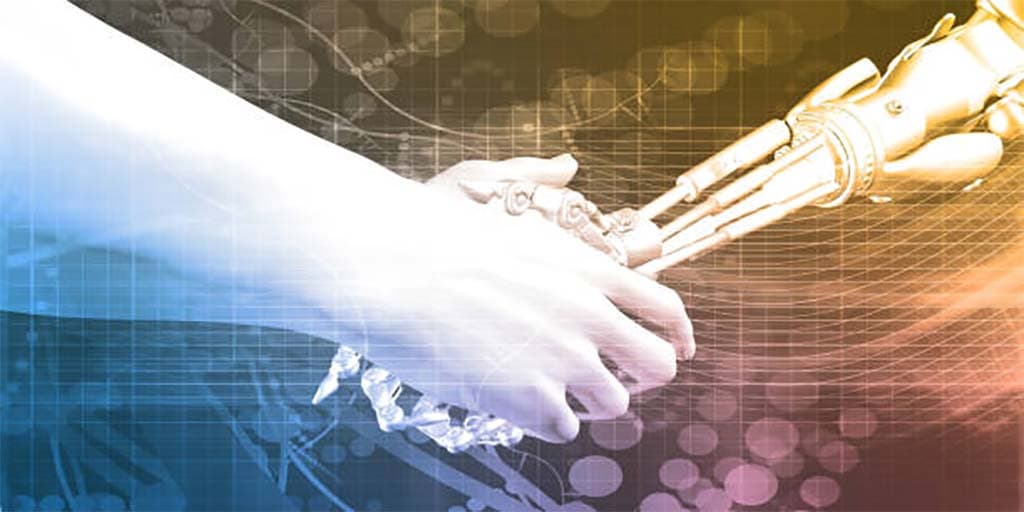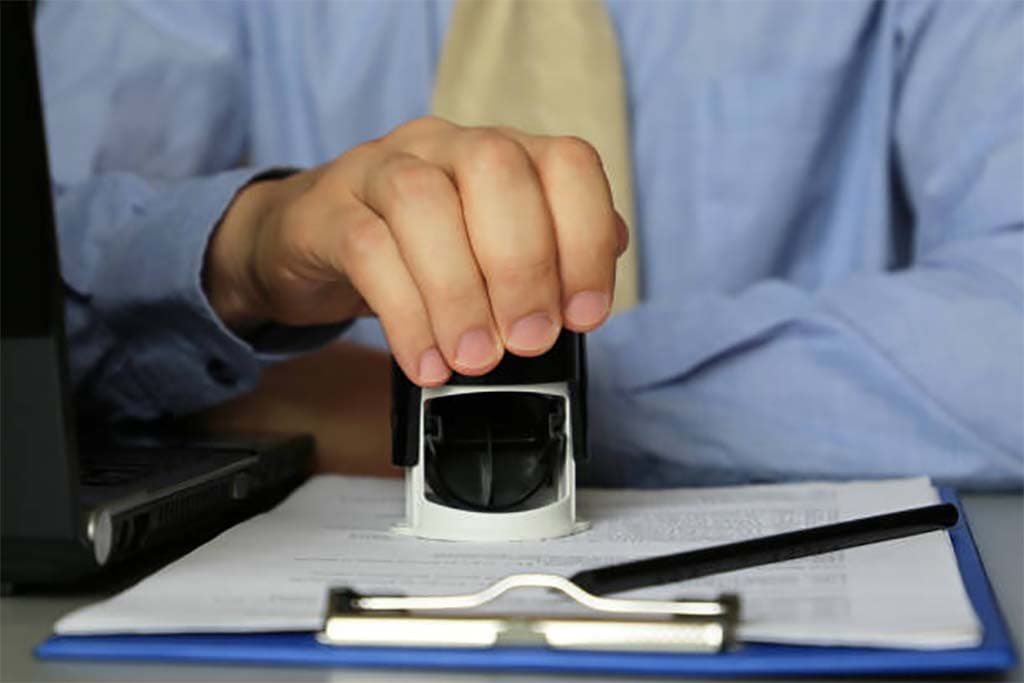The post Legal Challenges and Solutions in Artificial Intelligence appeared first on Law Firm "First Aid".
]]>Determining Accountability in AI Decisions
A central quandary in AI’s legal landscape is the matter of accountability. Traditional software operates based on explicit instructions written by developers. If an error occurs, there’s a direct line of causality back to a specific code or human error. AI, particularly machine learning models, is inherently different. These systems evolve, adapt, and ‘learn’ from vast data sets. When an AI-driven decision leads to a problem, the blame game isn’t straightforward. Should the developer who designed the model be held accountable? Or should it be the user who deployed the AI? Or perhaps the data providers who fed biased or incomplete data? This murkiness in attributing responsibility demands a renewed perspective on accountability in the era of AI.
Protecting Intellectual Property in the AI Realm
With AI’s ascendancy, intellectual property (IP) rights have entered uncharted waters. AI systems, especially those engaged in deep learning, often produce novel solutions, patterns, or even artistic works. These outputs challenge our conventional understanding of creativity and originality, cornerstones of IP laws. If an AI creates a piece of music or crafts a unique solution to a complex problem, who holds the rights to that creation? The developer of the AI? The owner of the software? Or is it an open-source contribution because the AI, a non-human entity, crafted it? These questions underscore the need to revisit and potentially overhaul the IP frameworks we currently have in place.
Privacy Concerns and Data Usage
Data is the lifeblood of AI. These systems, to function effectively, require vast troves of data for training and refining their algorithms. This reliance on data, while integral to AI’s efficacy, poses significant concerns about user privacy. Every click, swipe, and interaction online can be ingested by AI systems to improve their understanding and predictions. This raises pivotal questions. Are users adequately informed about how their data is being harvested and used? Are there adequate safeguards to prevent misuse? And as AI gets more adept at de-anonymizing data, how can privacy still be maintained? While data protection laws exist, the unique nature of AI’s data processing necessitates a deeper dive and more nuanced legal interventions.
Bias and Discrimination in AI Systems
Bias in AI systems has emerged as a pressing concern in recent years. While AI is often touted as a purely logical and objective entity, the reality is that these systems often mirror the biases present in their training data. For instance, if an AI system used in recruitment is trained on historical hiring data that favors a particular gender or ethnic group, it might inadvertently propagate that bias in its future recommendations. This could lead to grossly unfair hiring practices or even reinforce societal prejudices. Addressing this challenge isn’t just a technological imperative; it’s a legal and moral one. Legal frameworks need to be proactive in setting standards to ensure that AI systems are trained on diverse, representative data, and there are measures in place to identify and rectify biases when they arise.
Regulating Autonomous AI Systems
The age of autonomy powered by AI is no longer a distant dream. With self-driving cars on our roads and drones crisscrossing our skies, AI systems are making decisions in real-time with significant consequences. The key concern here is ensuring the safety and reliability of these autonomous systems. For instance, in the event of an accident involving a self-driving car, who is to be held liable? The manufacturer of the vehicle? The developers of the AI system? Or the passenger who chose to trust the AI? Beyond accountability, there’s the challenge of ensuring these systems interact safely with humans and their unpredictable behaviors. Regulatory bodies and legal experts must work closely with technologists to draft laws that ensure safety without stifling innovation.

International Considerations: Crafting a Global AI Legal Framework
The reach of AI transcends borders. An AI model developed in one part of the world can be deployed halfway across the globe within moments. This global nature of AI presents unique legal challenges. How do we ensure that an AI system developed under the regulations of one country adheres to the laws and norms of another when deployed there? This situation calls for international cooperation in crafting a comprehensive legal framework that respects sovereign laws while promoting global standards for AI development and deployment. Such a framework would also facilitate smoother international trade and collaborations, ensuring that AI serves as a bridge rather than a barrier in global relations.
Conclusion: The Road Ahead for AI and Legal Intersections
The intertwining of AI with our socio-economic fabric is a testament to its transformative power. Yet, with this transformation come challenges that probe the depths of our legal and ethical foundations. As we stand on the cusp of an AI-driven future, it is imperative that legal frameworks not only keep pace with technological advancements but also anticipate potential pitfalls. Only with foresight, collaboration, and an unwavering commitment to justice and ethics can we ensure that AI, in its march forward, carries along the values we hold dear.
The post Legal Challenges and Solutions in Artificial Intelligence appeared first on Law Firm "First Aid".
]]>The post Automobile Recalls: The Crucial Role of Lawyers in Protecting Consumers appeared first on Law Firm "First Aid".
]]>Understanding the Causes behind Recalls
Automobile recalls, although distressing, are unfortunately not uncommon. The reasons that necessitate a recall are multifaceted. Whether it’s a compromised brake system, an airbag that fails to deploy in emergencies, malfunctioning seatbelts, or engine issues, these defects can result in dire consequences if left unaddressed. Taking a leaf from real-world instances, concerns like the 3.6 jeep engine problems come to the fore, highlighting potential risks. Such issues might emerge due to lapses during the design phase, production errors, or even because of subpar quality of components sourced from third-party vendors. While manufacturers usually conduct rigorous testing and quality assurance processes, some defects manage to slip through the cracks. Once these defects or issues surface, either through the manufacturer’s post-production quality checks, vigilant consumers reporting problems, or third-party watchdogs sounding alarms, the recall process is set into motion.
The Legal Pathway: from Identification to Recall
Initiating a recall is not a simple button-push event. It’s a complex process laden with legal implications, documentation, and deliberations. Once a defect is brought to light, the onus falls on legal professionals to meticulously gather and examine evidence, engage with the car company in question, and ensure the recall is executed in a timely and effective manner. In certain situations, a recall might be issued voluntarily by the manufacturer upon discovering an internal error. In others, especially when there’s resistance or denial from the manufacturer, lawyers become the champions of consumer rights. They navigate the legal labyrinth, armed with evidence, pushing for an official recall. Furthermore, lawyers play a pivotal role in creating public awareness. Their active involvement ensures that affected consumers are informed about the defect, the potential risks, and the actions they need to undertake.
Consumer Rights and Compensation
When an automobile recall is announced, the immediate concerns of consumers typically revolve around safety and rectification. However, there’s a broader canvas of rights they might be unaware of. An individual who has purchased a vehicle expects it to function without fundamental flaws, and when that expectation is not met, they are entitled to certain remedies. While immediate repairs or replacements of the faulty parts are a given, there are situations where consumers might be entitled to monetary compensation or even a vehicle replacement. Lawyers, well-versed in consumer protection laws, guide individuals through these potential remedies. Their expertise becomes especially crucial when a defect leads to real-world consequences, such as accidents or injuries. In such grave scenarios, legal professionals not only assist in navigating the complexities of lawsuits but also ensure that victims receive adequate compensation for medical bills, trauma, and other related damages.
Beyond Recalls: Ensuring Long-term Safety and Accountability

While addressing and rectifying the immediate issues linked to a recall is paramount, there is a more extensive landscape of long-term safety and corporate accountability that must not be overlooked. It’s not enough for manufacturers to merely address the problem at hand; they need to demonstrate a commitment to preventing such issues in the future. This is where the role of lawyers extends beyond individual recall cases. They advocate for stricter regulations and more stringent quality controls, ensuring automobile companies prioritize consumer safety in all phases of vehicle production. Lawyers also actively participate in public discourse, pushing for transparency from automobile companies, urging them to be forthright about potential issues, and demanding robust systems be in place for efficient problem identification and rectification. Their relentless efforts ensure that corporations are held accountable, not just in the face of glaring mistakes but in their day-to-day operations, fostering an environment where consumer safety is revered above all else.
Conclusion: The Undeniable Impact of Legal Advocacy
Automobile recalls, though often viewed through the lens of engineering and manufacturing, have an intrinsic legal dimension that shapes their trajectory. This legal dimension, powered by diligent lawyers, works silently yet significantly in the backdrop, orchestrating the flow of events right from the moment a defect is identified to its eventual resolution. The legal advocacy in the sphere of automobile recalls is not just about representing and safeguarding the rights of individual consumers; it’s about sculpting a safer, more accountable automotive landscape for everyone. It emphasizes the indispensable role lawyers play in consumer protection, reminding the industry that while technological advancements are welcome, they should never come at the cost of safety and trust. As the automotive realm continues to evolve, embracing newer technologies and innovations, the steadfast guardianship of lawyers ensures a balanced journey forward – where progress is married to responsibility.
The post Automobile Recalls: The Crucial Role of Lawyers in Protecting Consumers appeared first on Law Firm "First Aid".
]]>